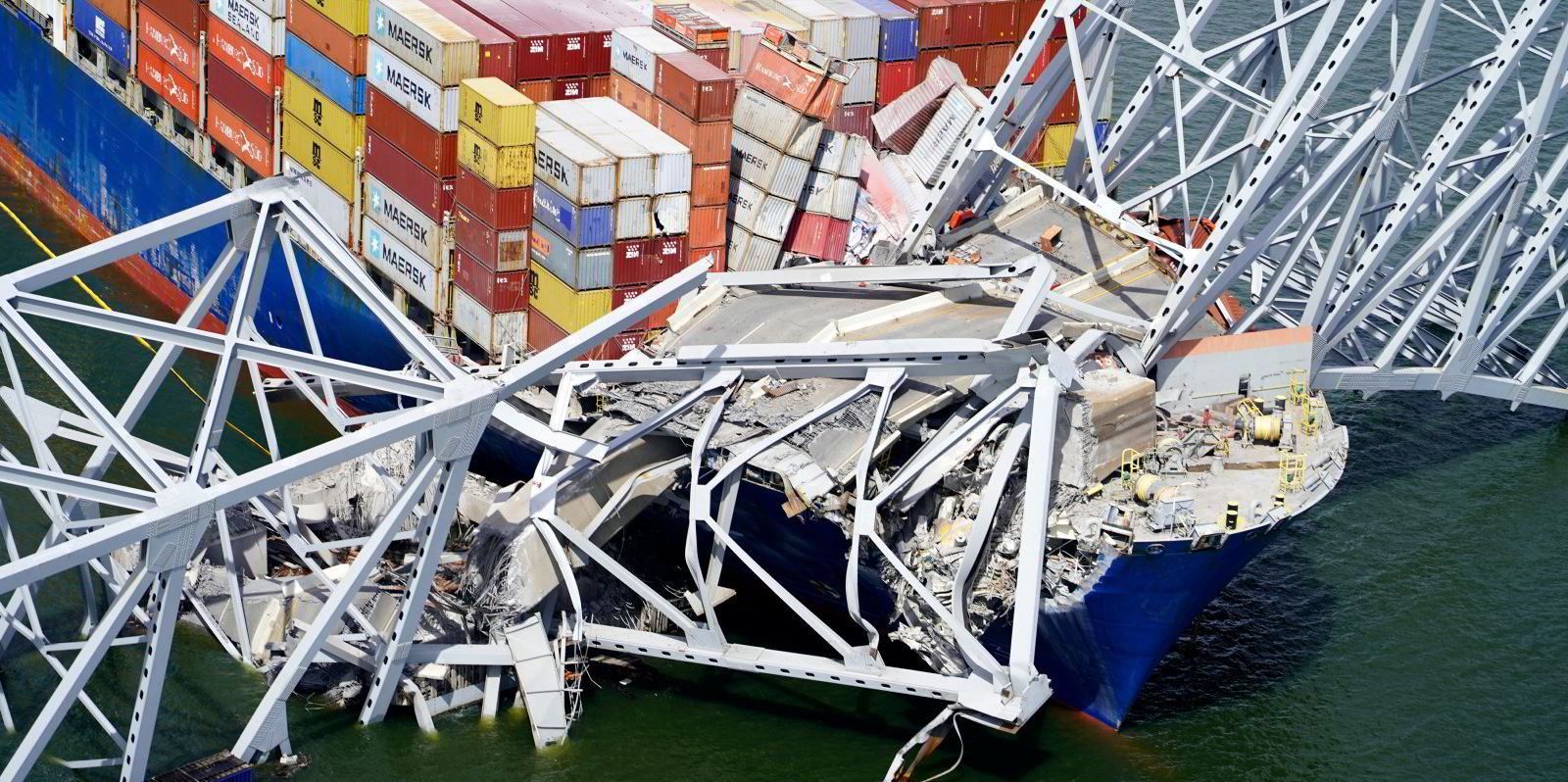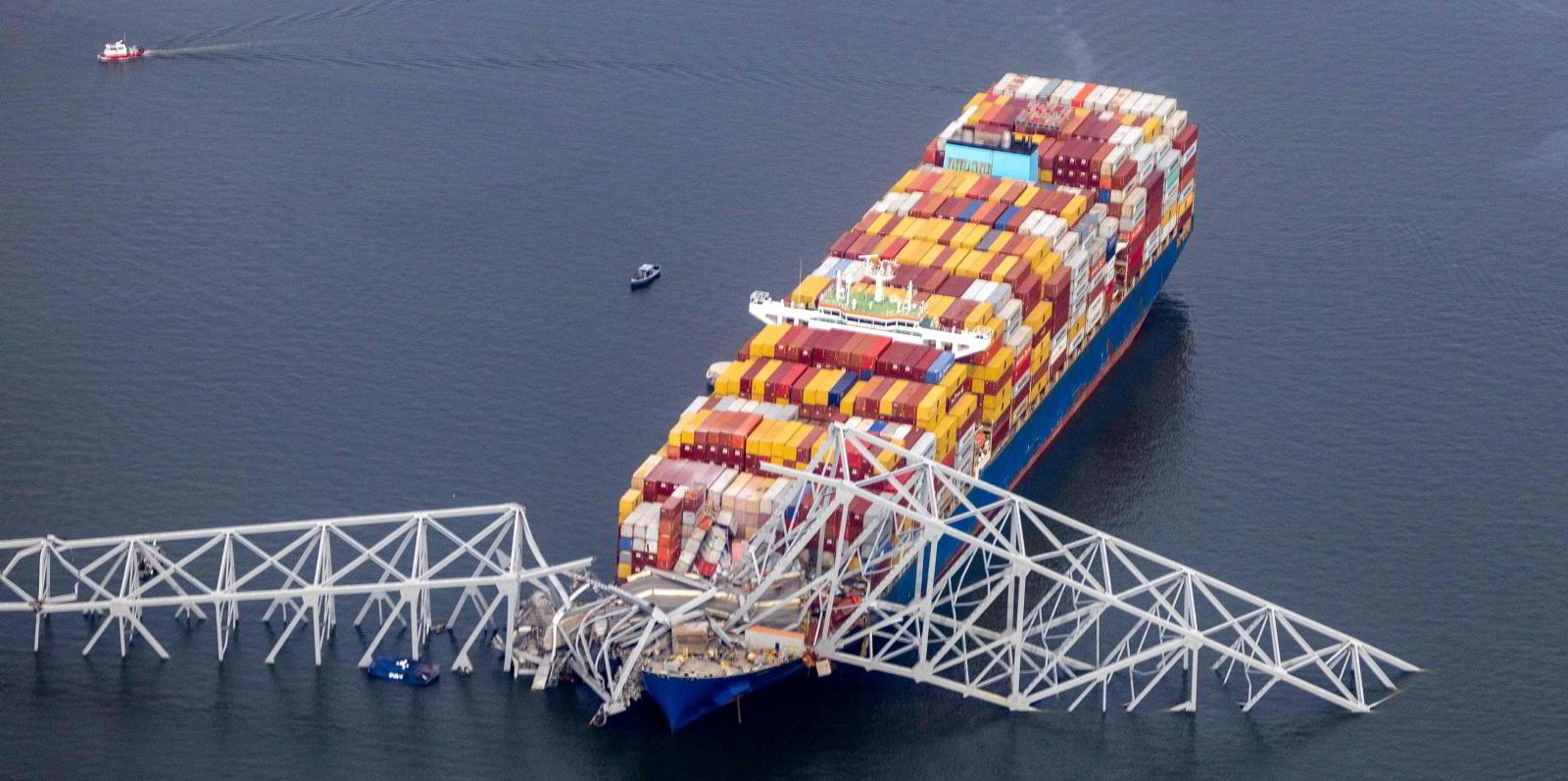Coal at terminals in Baltimore that have been rendered inaccessible by the collapse of the Francis Scott Key bridge could be exported from Newport News in Virginia instead.
The leadership team from CSX Corporation, which operates two Baltimore coal terminals, visited coal piers operated by Kinder Morgan and Dominion Terminal Associates (DTA) on Wednesday.
“On behalf of our coal customers, we visited the coal piers in Newport News, Virginia, today to sit down with our partners to see what we can do to help move more coal for export while the Baltimore port is closed due to the tragedy with the Francis Scott Key Bridge,” CSX president and chief executive Joe Hinrichs said in a LinkedIn update.
He said CSX would need to move more coal trains through Newport News for its customers in the wake of the tragedy.
The CSX railway, which feeds coal mainly from the Appalachia region to its Curtis Bay terminals at Baltimore, links directly to the Kinder Morgan and DTA terminals at Newport News.
Newport News exported 20.9m tonnes of coal last year, behind Baltimore’s 25.7m tonnes, according to vessel loading data collated by bulker tracking platform Oceanbolt.
But Newport News is one of the constituent ports of the major Hampton Roads coal export hub, which also comprises the port of Norfolk.
Combined, Hampton Roads ports exported 33.7m tonnes of coal in 2023, making it the leading US coal export hub, according to Oceanbolt data.
CSX has already said that existing coal customers should expect “potential shipment delays”.
The transportation group told Reuters on Wednesday it can dispatch additional trains to CSX-operated coal terminals in Baltimore before it reaches pile space limits.
Coal producer Consol Energy has also said vessel access to its Baltimore export terminal was “delayed”. The facility is located upriver from the collapsed bridge.
The US Coast Guard has established a safety zone for all navigable waters of the Chesapeake Bay within a 2,000-yard radius around the Francis Scott Key Bridge.





